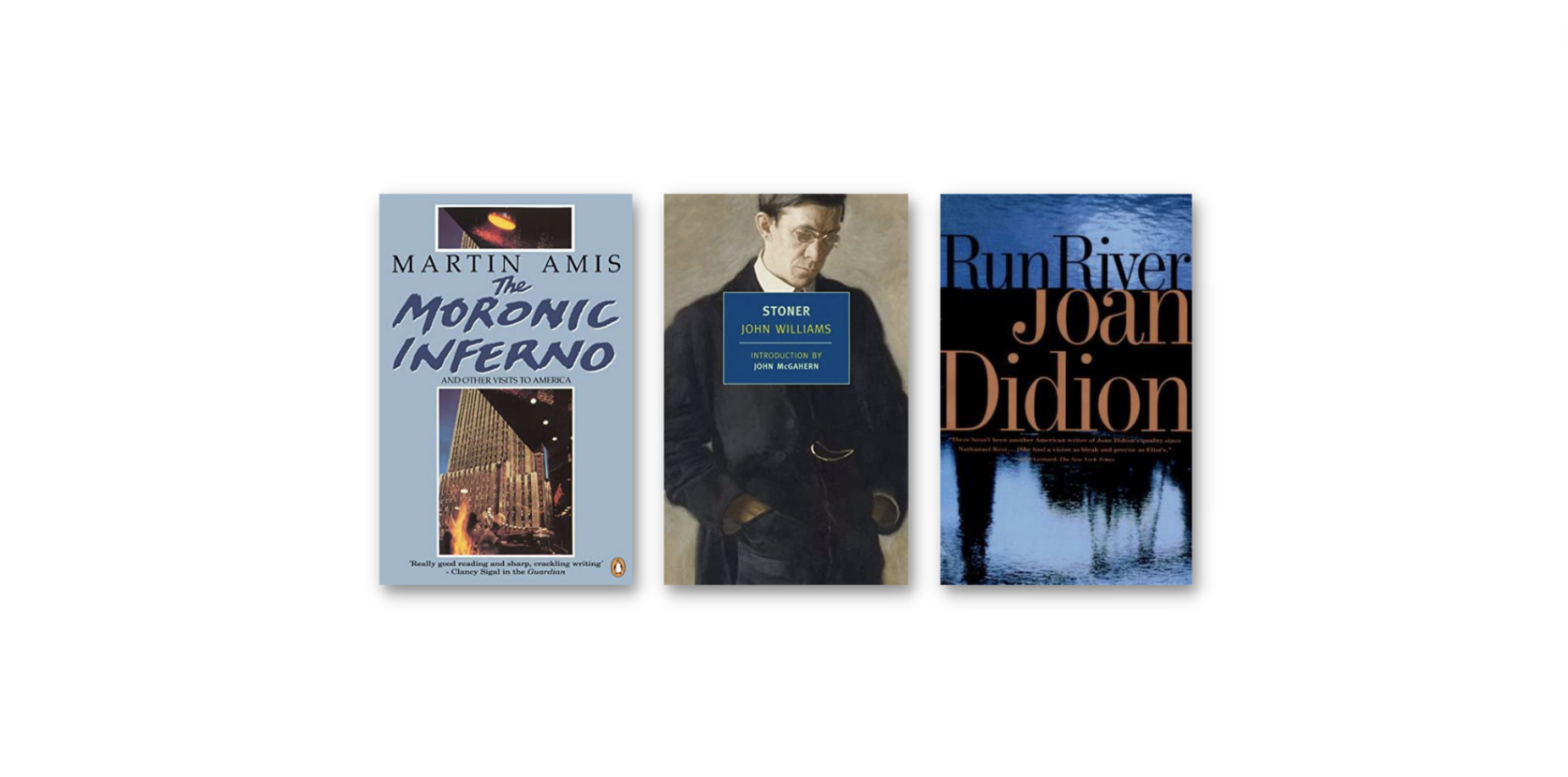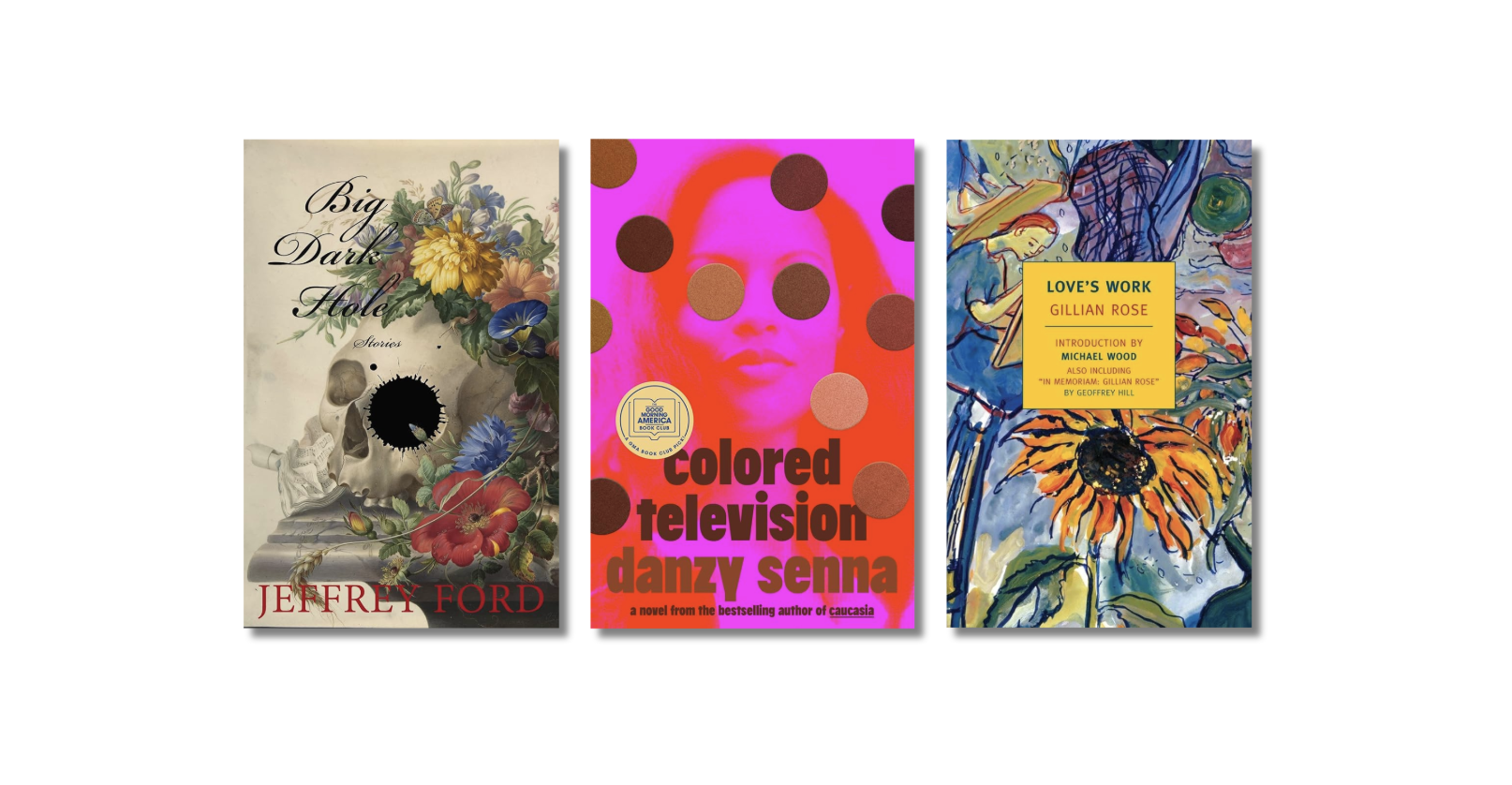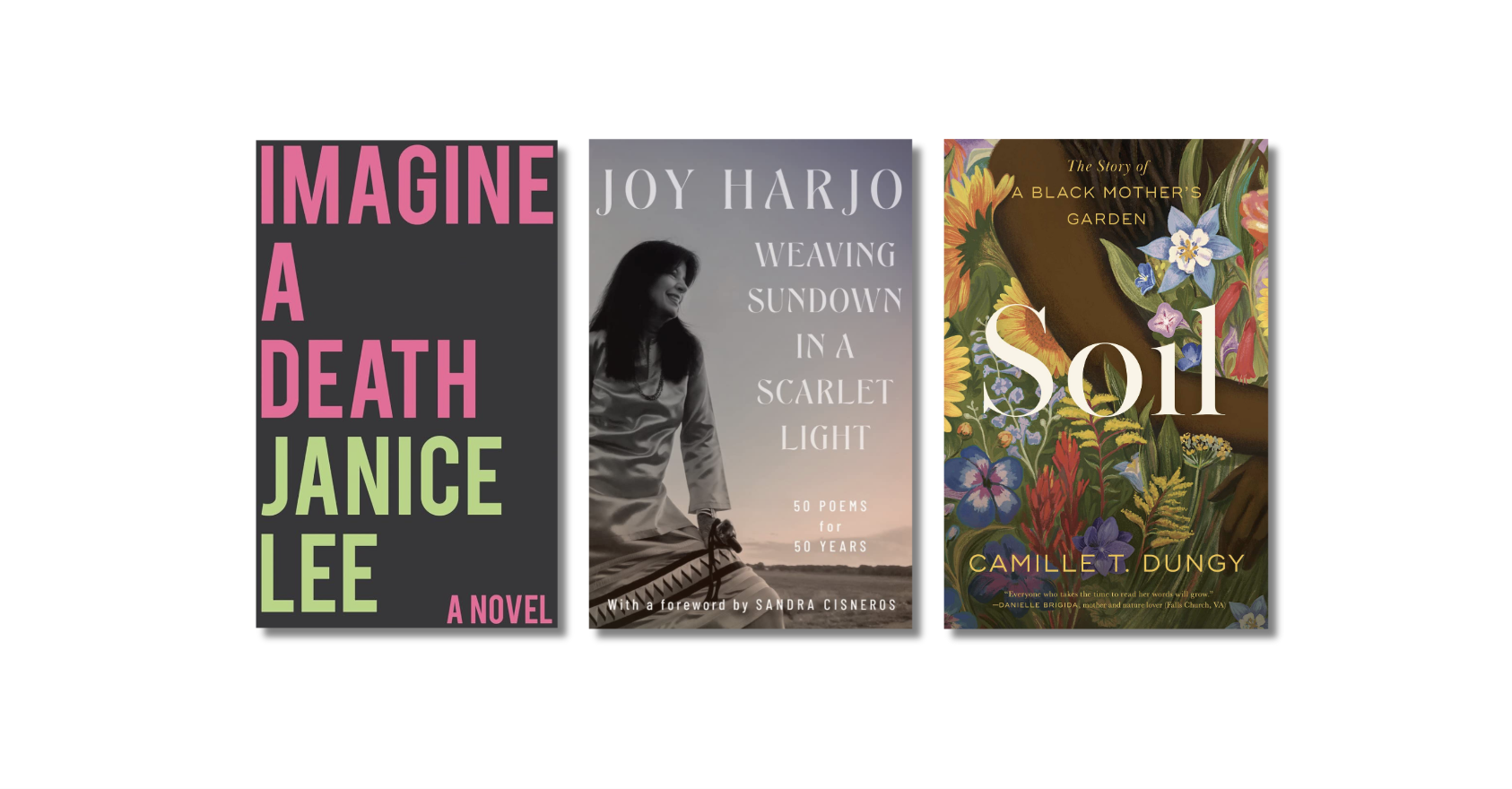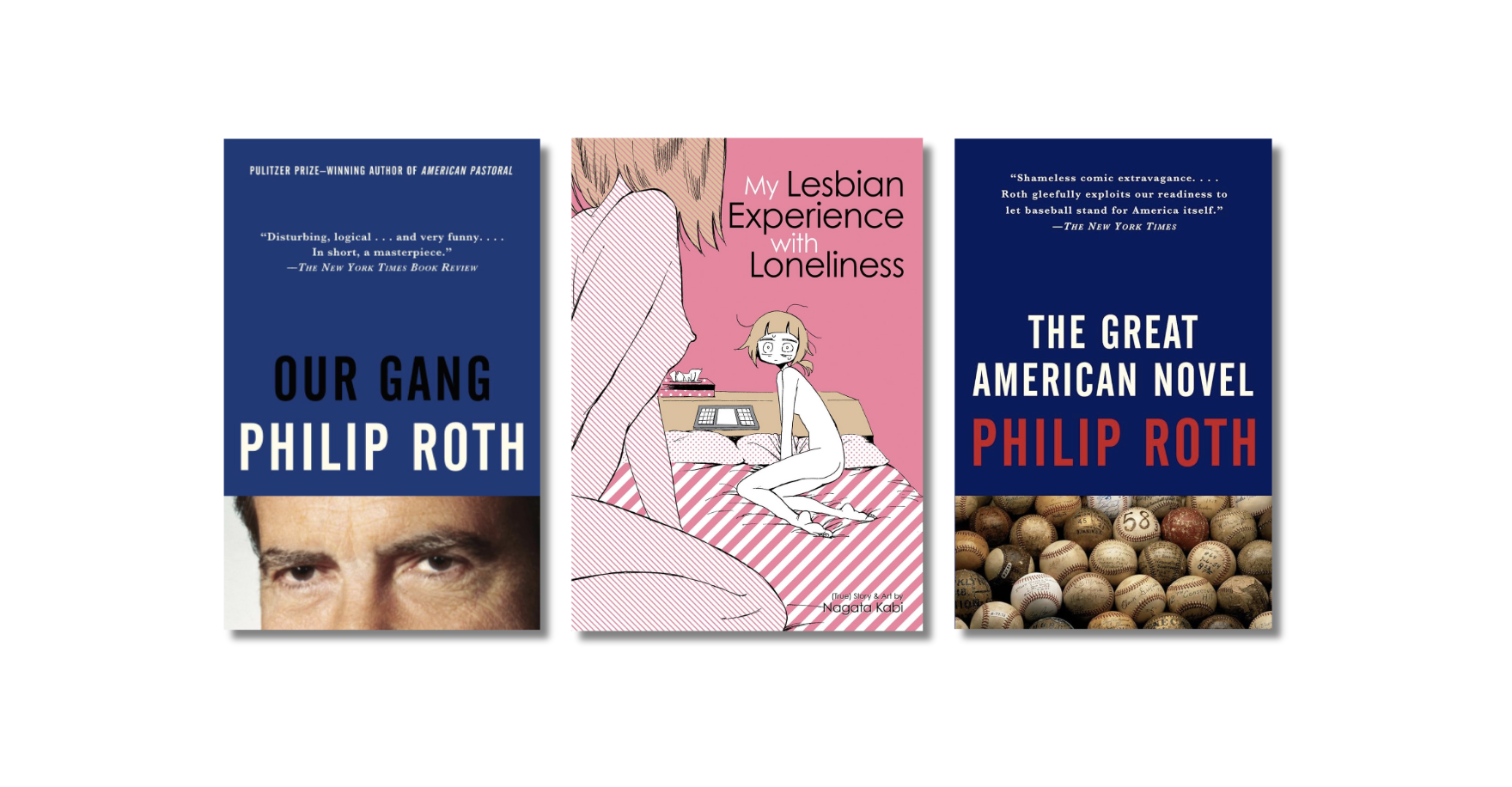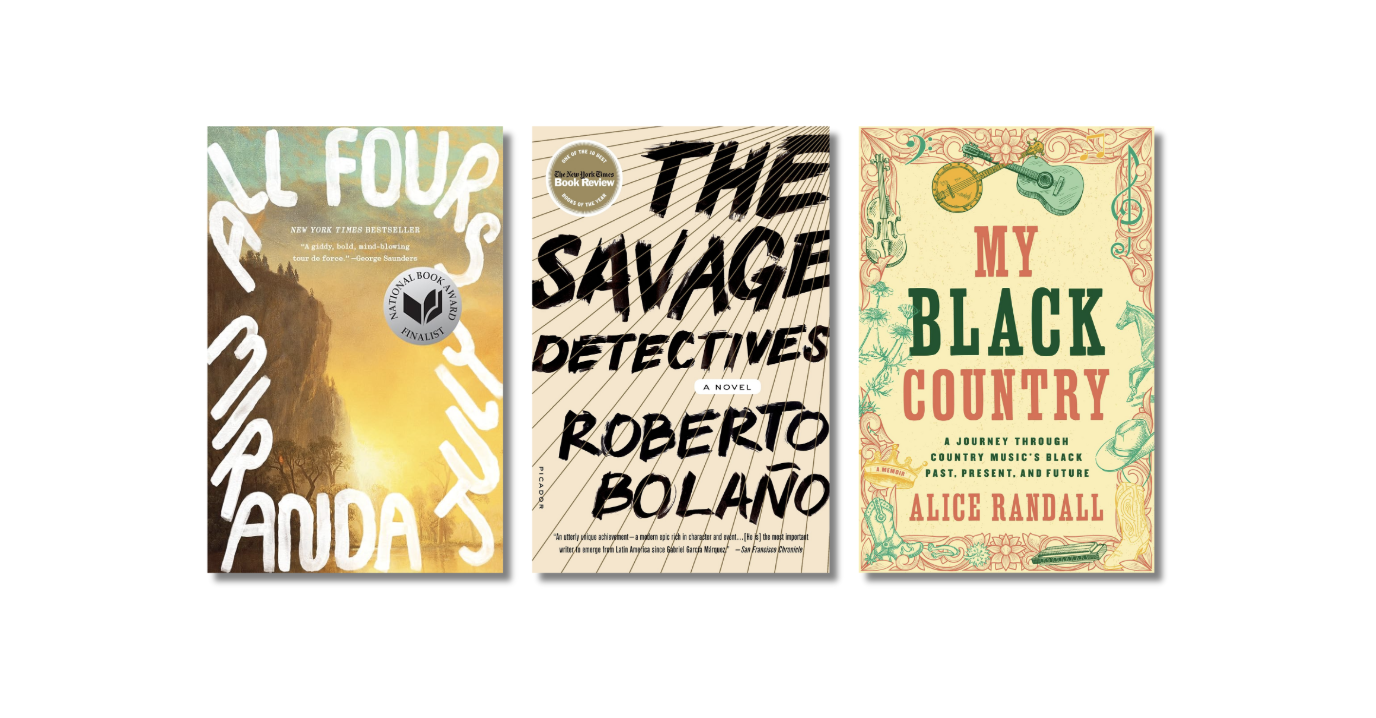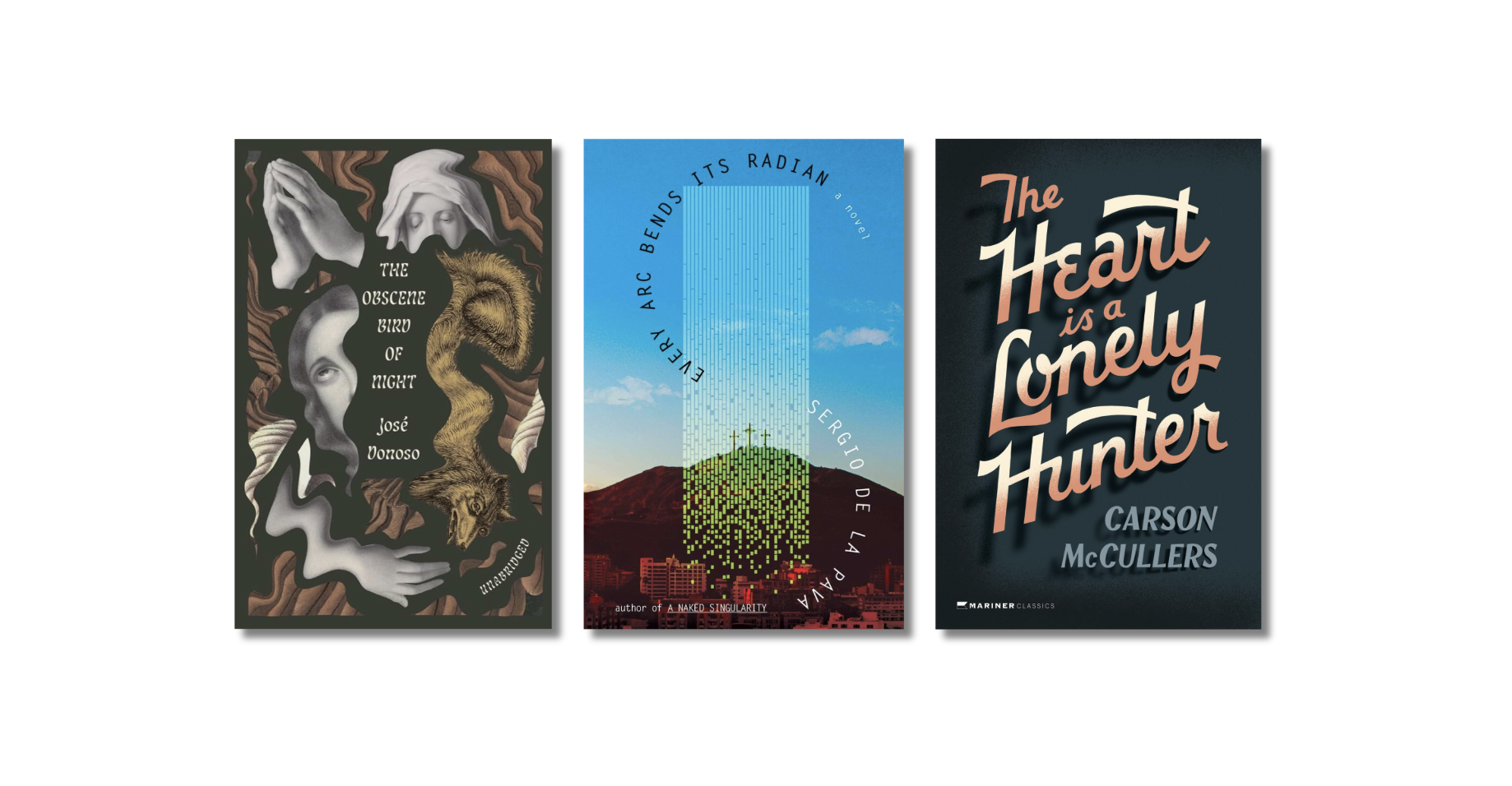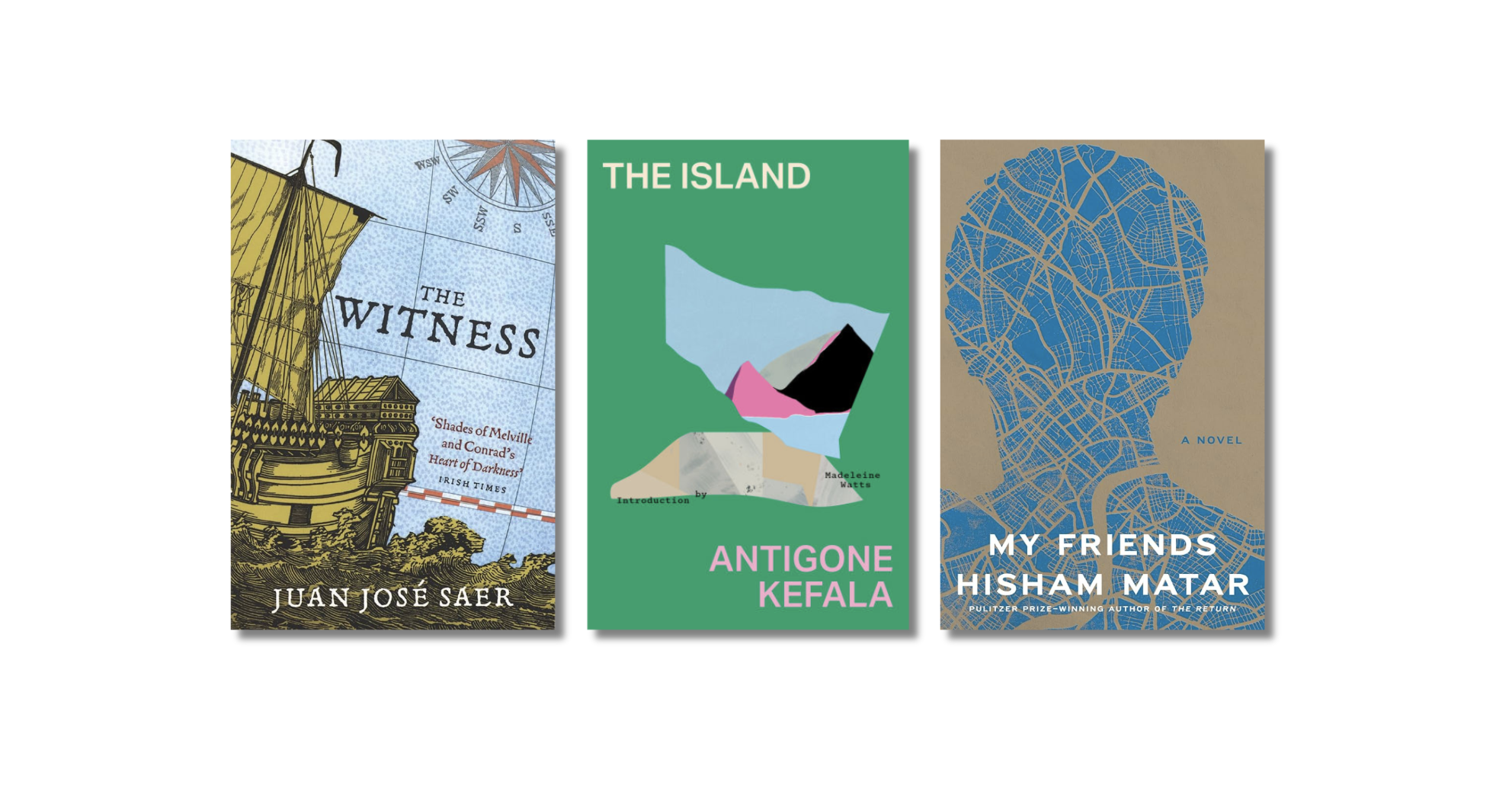I spent a lot of this year driving up and down my adopted state and reading about it too. I grew up coming out here twice a year to visit my grandfather in San Diego, but I only got the sunny side of Mike Davis’s famous sunshine/noir dialectic: my California back then was just splashing around in his kidney bean-shaped pool, the house’s sliding glass doors and cool, dark interiors, the dry canyons behind his tidy suburban development like the back of a movie set.
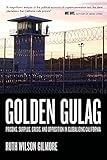

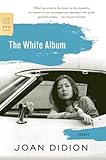

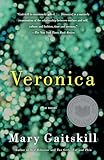
 The noir, it turns out, is everywhere else. In winter, for a story, I read Ruth Wilson Gilmore’s Golden Gulag, about the massive expansion of California’s penal system, and started noticing prisons everywhere on these drives. I read Run River, a deliciously pulpy tale of old money and rot in Sacramento, and reread most of The White Album. This summer, lounging next to various bodies of water, in Pasadena or Malibu: Chaos, a deranged, magnificent account of the Manson murders, which doubles as one journalist’s account of the magazine story that becomes your entire life and, for a while, ruins it. I also read some books not really about California on these drives: Veronica, which I did not love, perhaps because I read it in a freezing Airbnb in a prison town in the depths of winter, and Stoner, first in Inverness and later sprawled on the banks of the river that runs through Yosemite. It floored me: a profound and perfect novel of one man’s imperfect, circumscribed life, hard to really even describe.
The noir, it turns out, is everywhere else. In winter, for a story, I read Ruth Wilson Gilmore’s Golden Gulag, about the massive expansion of California’s penal system, and started noticing prisons everywhere on these drives. I read Run River, a deliciously pulpy tale of old money and rot in Sacramento, and reread most of The White Album. This summer, lounging next to various bodies of water, in Pasadena or Malibu: Chaos, a deranged, magnificent account of the Manson murders, which doubles as one journalist’s account of the magazine story that becomes your entire life and, for a while, ruins it. I also read some books not really about California on these drives: Veronica, which I did not love, perhaps because I read it in a freezing Airbnb in a prison town in the depths of winter, and Stoner, first in Inverness and later sprawled on the banks of the river that runs through Yosemite. It floored me: a profound and perfect novel of one man’s imperfect, circumscribed life, hard to really even describe.


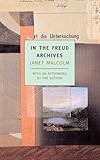


 I read Fire Season, which sounds like it should be about California but is actually a terrific collection of essays about art and movies and books and politics, from Gary Indiana. (Actually, some of it is about California, including “LA Plays Itself,” a collection of articles about the federal trial of the police officers who beat Rodney King; the pieces about Renata Adler and the Tsarnaev brothers are also wonderful). I read a lot of nonfiction this year, actually: The Journalist and the Murderer early in the year on the lawn at the Huntington Library in Pasadena as small children tumbled down the hill and played in the rose gardens, which have varietals named for all the dead movie stars and a bunch of other funny things as well (Nancy Reagan, “Golden Showers”). Also: In the Freud Archives, Negroland: A Memoir, The Moronic Inferno, Yoga.
I read Fire Season, which sounds like it should be about California but is actually a terrific collection of essays about art and movies and books and politics, from Gary Indiana. (Actually, some of it is about California, including “LA Plays Itself,” a collection of articles about the federal trial of the police officers who beat Rodney King; the pieces about Renata Adler and the Tsarnaev brothers are also wonderful). I read a lot of nonfiction this year, actually: The Journalist and the Murderer early in the year on the lawn at the Huntington Library in Pasadena as small children tumbled down the hill and played in the rose gardens, which have varietals named for all the dead movie stars and a bunch of other funny things as well (Nancy Reagan, “Golden Showers”). Also: In the Freud Archives, Negroland: A Memoir, The Moronic Inferno, Yoga.



 I got the most reading done on a trip to New York, in early April. My boyfriend and I thought it would be spring there already, and the aggressive cold and wind and rain of the outdoor world shocked us, as though we were babies learning for the first time what life outside the womb felt like. We solved that problem by promptly getting Covid, and found ourselves confined to a friend’s railroad apartment for a week while she was at Breadloaf, eating takeout we had no appetite, the radiator fizzing eternally in the background. I raided her bookshelf and got through almost a book a day, including: Do Everything in the Dark (pitch perfect and very funny). Luster, Black Wings Has My Angel, and Platform. Some of the Houellebecq’s sex scenes felt familiar, and I realized I had probably stolen it off my aunt and uncle’s bookshelf while visiting them sometime in high school.
I got the most reading done on a trip to New York, in early April. My boyfriend and I thought it would be spring there already, and the aggressive cold and wind and rain of the outdoor world shocked us, as though we were babies learning for the first time what life outside the womb felt like. We solved that problem by promptly getting Covid, and found ourselves confined to a friend’s railroad apartment for a week while she was at Breadloaf, eating takeout we had no appetite, the radiator fizzing eternally in the background. I raided her bookshelf and got through almost a book a day, including: Do Everything in the Dark (pitch perfect and very funny). Luster, Black Wings Has My Angel, and Platform. Some of the Houellebecq’s sex scenes felt familiar, and I realized I had probably stolen it off my aunt and uncle’s bookshelf while visiting them sometime in high school.
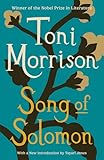


 Over the summer, in Maine, I read Song of Solomon, which is apparently a book other people are commonly assigned in high school. It conjured a whole universe that I felt mournful upon leaving behind, a sensation I associate with the total absorption of childhood reading, and which rarely comes to me now. I read Corregidora and most of the stories in Pig Earth. I read Ivory Pearl on a very small plane, which felt appropriate, though I didn’t feel nearly as swashbuckling as Manchette’s heroine, stuffed into a rear seat—they order you by weight but ask you to self-report; I pictured the plane falling out of the sky because too many people had lied—with a fly somehow buzzing around the interior.
Over the summer, in Maine, I read Song of Solomon, which is apparently a book other people are commonly assigned in high school. It conjured a whole universe that I felt mournful upon leaving behind, a sensation I associate with the total absorption of childhood reading, and which rarely comes to me now. I read Corregidora and most of the stories in Pig Earth. I read Ivory Pearl on a very small plane, which felt appropriate, though I didn’t feel nearly as swashbuckling as Manchette’s heroine, stuffed into a rear seat—they order you by weight but ask you to self-report; I pictured the plane falling out of the sky because too many people had lied—with a fly somehow buzzing around the interior.


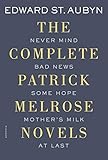
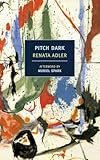 In fall moving into winter again I read bitter books: Erasure, Percival Everett’s caustic satire of the literary world’s perverse incentives, and Fernanda Melchor’s Paradais, a furious torrent of desire that put me more squarely in the head of a horny adolescent boy than I ever hope to be again, even as I was reading it glacially slowly in Spanish and constantly looking up words. I ordered Edward St. Aubyn’s Patrick Melrose quintet; when it came, I slammed the first two books as fast as Patrick goes around slamming those disgusting Bullshot drinks (literally, just beef broth and vodka) during the bender that constitutes essentially the entirety of the second volume—and then felt sick, inevitably, as he does, and took a break, which takes him some time more to learn how to do. And in November, at Mario’s Bohemian Cigar Store Café (a café, not a cigar store) in North Beach, I read Adler’s Pitch Dark. She describes these very particular things so well: a political argument over dinner in which you embarrass a friend intellectually and thus embarrass yourself socially; the pathetic surrender of a dying wild animal; the sense, derived entirely from enormously trivial happenings, that the whole world is conspiring against you; what it’s like to drive through the night feeling as though you have committed a crime and perhaps gotten away with it.
In fall moving into winter again I read bitter books: Erasure, Percival Everett’s caustic satire of the literary world’s perverse incentives, and Fernanda Melchor’s Paradais, a furious torrent of desire that put me more squarely in the head of a horny adolescent boy than I ever hope to be again, even as I was reading it glacially slowly in Spanish and constantly looking up words. I ordered Edward St. Aubyn’s Patrick Melrose quintet; when it came, I slammed the first two books as fast as Patrick goes around slamming those disgusting Bullshot drinks (literally, just beef broth and vodka) during the bender that constitutes essentially the entirety of the second volume—and then felt sick, inevitably, as he does, and took a break, which takes him some time more to learn how to do. And in November, at Mario’s Bohemian Cigar Store Café (a café, not a cigar store) in North Beach, I read Adler’s Pitch Dark. She describes these very particular things so well: a political argument over dinner in which you embarrass a friend intellectually and thus embarrass yourself socially; the pathetic surrender of a dying wild animal; the sense, derived entirely from enormously trivial happenings, that the whole world is conspiring against you; what it’s like to drive through the night feeling as though you have committed a crime and perhaps gotten away with it.
